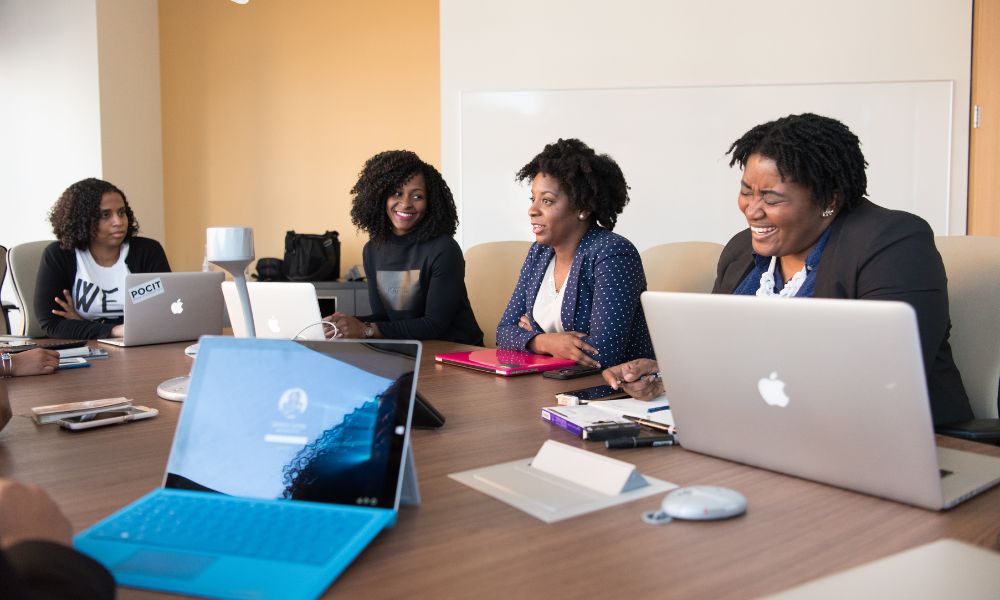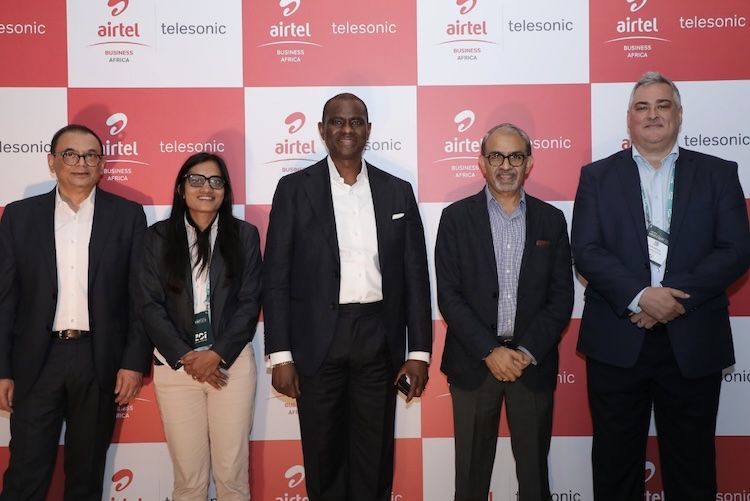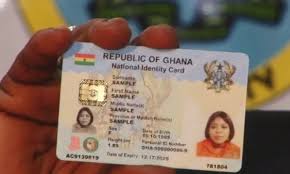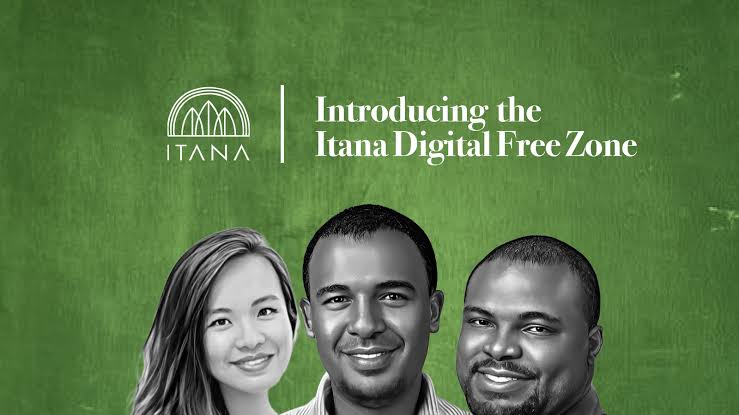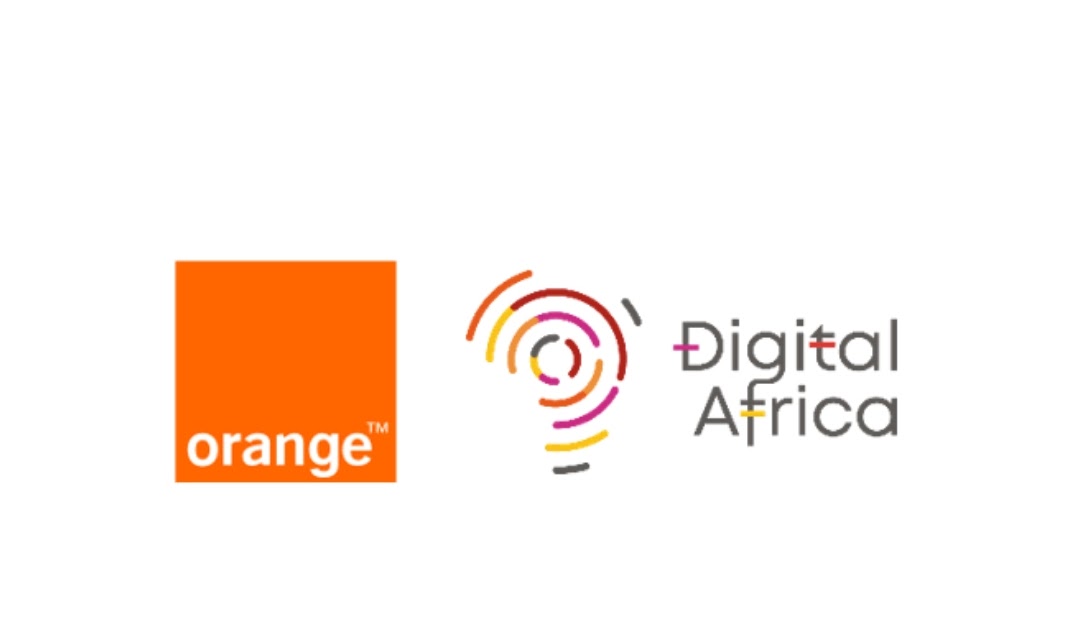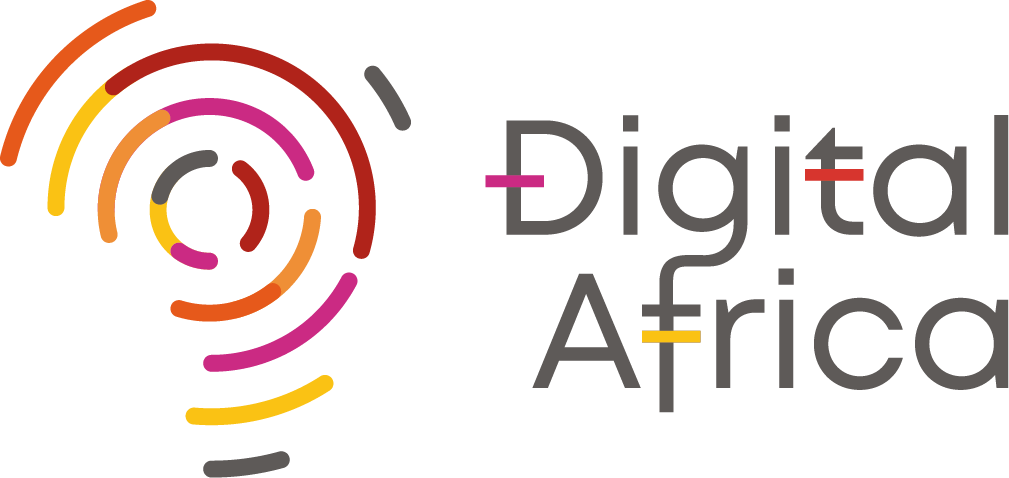To accelerate the growth of startups arising from the Orange Digital Centres (ODC) network, Ventures and Digital Africa have partnered strategically to promote innovation and entrepreneurship in Africa and the Middle East.
The collaboration agreement, signed by Vivatech, underlines both organisations’ dedication to funding and assisting African companies.
The ecosystem of the Orange Digital Centre includes 8 European nations and 17 countries in Africa and the Middle East. It is a central location for several initiatives, such as funding, company incubation, acceleration, and digital training. Through fostering innovation and entrepreneurship, the ODC network seeks to establish an environment that supports startups at every stage of their development.
Read also: World Food Forum opens applications for Startup Innovation Awards
Orange Ventures, Digital Africa recently launched the Fuze scheme
Orange Ventures and Digital Africa can now double the funding allocated to businesses through the recently launched Fuzé scheme. Through collaborative application evaluation and shared finance, they enable entrepreneurs needing financial assistance. This cooperative strategy guarantees that startups have the resources they need to succeed.
Geneva, a platform established in 2019 in New York, is essential to this project. It brings people together who share interests in a community, making it easier for jogging clubs, reading clubs, and other community-based initiatives to take off. Bumble’s acquisition of Geneva is more evidence of how crucial friendships and community building are in the digital era.
Funding Achievements
Through Digital Africa’s Fuzé programme, five startups from the ODC network were funded for up to €50,000 per startup over the first year. Prominent recipients consist of health tech’s Clinihome in Cameroon; Fintech Koree in Cameroon; Cameroonia’s Colorfol (Cultural and Creative Industries); Senegal’s Tolbi (Agritech); Senegal’s Proboutik Fintech
These grants enable these fledgling companies to grow and leave a lasting legacy.
Orange Ventures’ CEO, Fayçal Adlouni, reaffirmed the organisation’s dedication to developing emerging innovators in the Middle East and Africa. Orange hopes to foster an atmosphere enabling businesses to flourish and participate in the region’s digital revolution through its partnership with Digital Africa.
Read also: Visa announces 20 startups for second cohort for Africa fintech accelerator
This opinion was also expressed by Asma Ennaifer, Executive Director of CSR, Communications, and Orange Digital Centre for Orange Middle East and Africa. She emphasised that Orange Digital Centres act as idea-to-reality catalysts, spurring innovation.
The CEO of Digital Africa, Grégoire de Padirac, praised the collaboration and emphasised their mutual dedication to assisting African business owners at all phases of development.
This partnership between Orange Ventures and Digital Africa sets the standard for significant support and investment at a time when startups are driving technical improvements. Entrepreneurs interested in participating in this project can look into the options that Orange Digital Centre, Orange Ventures, and Digital Africa offer.
